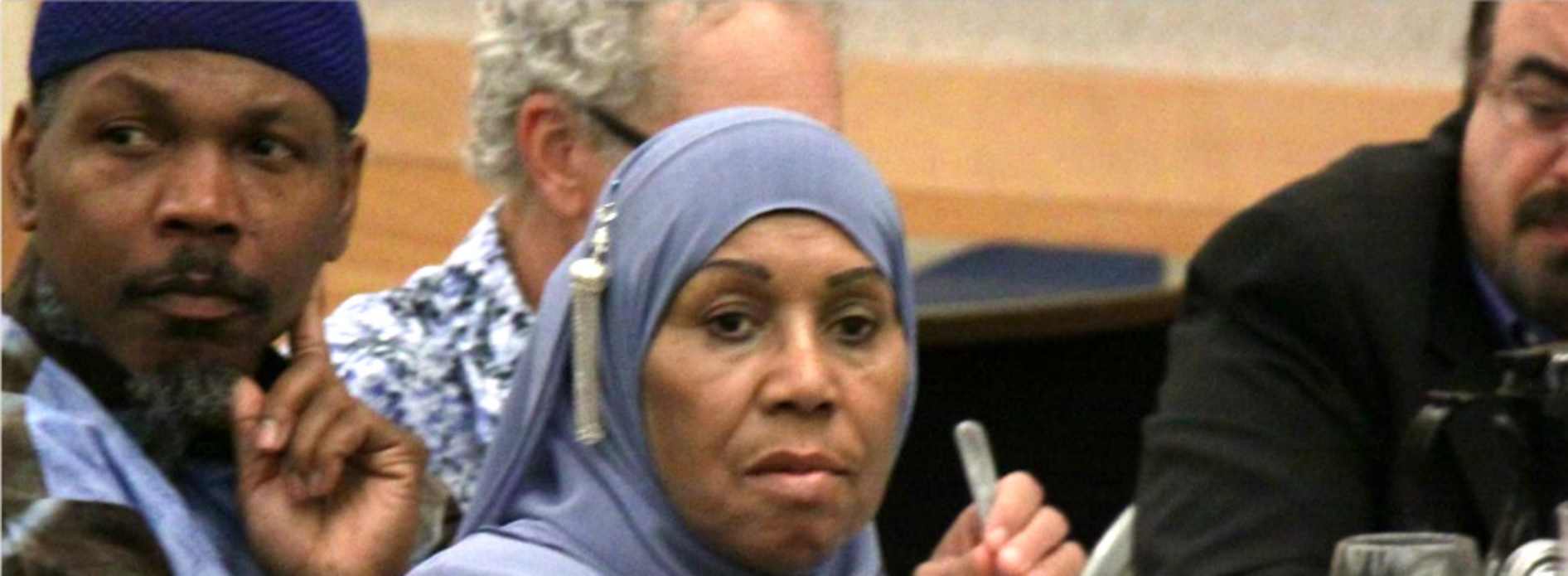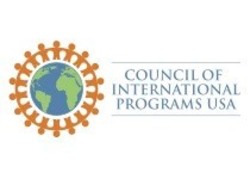Monday, May 12, 2014
What's American and what's not?
What if most of what you thought was commonly understood wisdom actually wasn't? What if our basic definitions of what it means to be American, to be patriotic, to walk in the footsteps of the founding fathers turn out to be complete misreadings of what the founders actually believed?
Last Friday's forum speaker asked essentially those questions, and there was something about her talk that felt like classic City Club to me.
Denise Spellberg teaches Islamic studies at the University of Texas, Austin. It's her new book, however, that really gets you thinking. In Thomas Jefferson's Qur'an: Islam and Founders Dr. Spellberg points out a few historical facts that challenge our assumptions about the birth of America. Jefferson owned a translation of the Qur'an that he bought for seven shillings. She says he and his compatriots imagined future American citizens who might be Muslim (Mohammedan was the word they would have used) or Jewish or even Catholic(!!).
At the end of her prepared remarks, she made explicit what her book title implies:
Shortly before his death, Jefferson wrote this advice to a friend's son. "Love your neighbor as yourself and your country more than yourself." Among his neighbors in his terse rendering of the Golden Rule, the founder most certainly included Muslims.
The rights of Muslims in early U.S. history were once debated only in principle, for a population the founders then wrongly deemed nonexistent. Of the original triad of reviled religious outsiders in North America--which once included Catholics and Jews--only Muslims now remain the object of a seemingly unceasing defamatory discourse that labels them un- or even anti-American.
History compels us to challenge such claims based on key American presidents which explicitly demand equal civil rights for Muslims. As Americans all, we should never accept less.







Ashleigh Liszt - September 21, 2017
Proin eget tortor risus. Vestibulum ante ipsum primis in faucibus orci luctus et ultrices posuere cubilia Curae; Donec velit neque, auctor sit amet aliquam vel, ullamcorper sit amet ligula. Mauris blandit aliquet elit, eget tincidunt nibh pulvinar a. Curabitur arcu erat, accumsan id imperdiet et, porttitor at sem. Vestibulum ante ipsum primis in faucibus orci luctus et ultrices posuere cubilia Curae; Donec velit neque, auctor sit amet aliquam vel, ullamcorper sit amet ligula. Praesent sapien massa, convallis a pellentesque nec, egestas non nisi.
Mauris blandit aliquet elit, eget tincidunt nibh pulvinar a. Proin eget tortor risus. Vivamus magna justo, lacinia eget consectetur sed, convallis at tellus. Nulla porttitor accumsan tincidunt. Cras ultricies ligula sed magna dictum porta. Curabitur arcu erat, accumsan id imperdiet et, porttitor at sem.